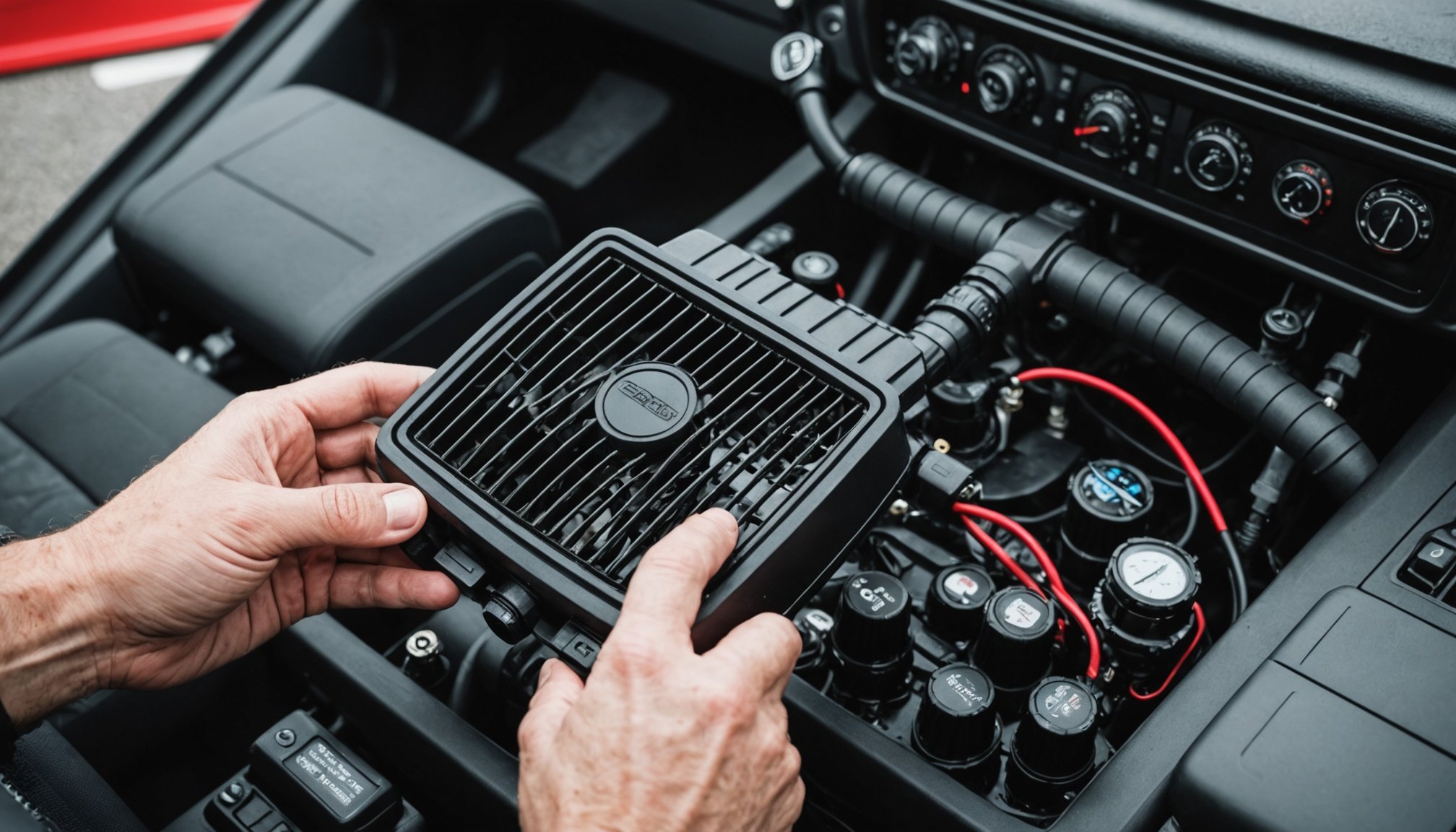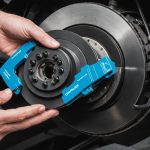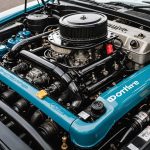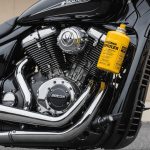Understanding Vehicle Cooling Systems
A vehicle cooling system plays a crucial role in engine health, ensuring optimal temperature regulation even under extreme conditions. Its primary function is to manage engine heat produced during combustion, preventing overheating. The functionality of the cooling system relies on a series of components working in harmony, including the radiator, coolant, water pump, and thermostat. These components circulate coolant and maintain appropriate engine temperatures, highlighting the importance of routine checks to ensure they are functioning correctly.
Efficient cooling is paramount for engine performance. An overheated engine can lead to reduced efficiency, potential damage, and increased wear and tear on engine parts. Therefore, maintaining a well-functioning cooling system is vital for the longevity and performance of a vehicle.
Also to discover : Top care strategies for your retractable hardtop convertible amidst the uk”s varied weather
Common issues that can affect vehicle cooling systems include leaks, a malfunctioning thermostat, or a failing water pump. Early identification and resolution of these problems can prevent more severe engine damage. Regular inspections and awareness of the cooling system’s functionality can significantly mitigate these risks. Pay attention to warning signs like overheating, steam from the hood, or coolant puddles to avoid unnecessary repairs and maintain your vehicle’s peak performance.
Seasonal Impact on Cooling System Performance
Seasonal changes significantly influence vehicle cooling system performance. In the UK, fluctuating temperatures can challenge the functionality of cooling systems. During summer, excessive heat can contribute to engine overheating, requiring cooling systems to work harder to maintain temperature regulation. Conversely, in winter, low temperatures can cause the coolant to thicken, hindering its circulation and leading to potential freezing.
Also to discover : Mastering ecu troubles: your ultimate guide to identifying and fixing common issues in uk vehicles
Detecting performance issues is crucial. During hot months, watch for signs like the temperature gauge approaching red and steam from the bonnet. In cold weather, inadequate cabin heating and sludgy coolant could indicate trouble. Addressing these issues promptly helps maintain engine health.
To optimise cooling systems seasonally, consider adjustments like switching to a coolant blend suitable for high temperatures in summer and ensuring the proper antifreeze concentration for winter. Keep a vigilant eye on coolant levels and maintain regular checks, as these steps can mitigate the impact of temperature extremes. Employing these strategies ensures continued efficient cooling and reduces the risk of engine damage.
Upgrades and Modifications for Enhanced Cooling
Upgrading a vehicle cooling system can significantly enhance engine performance and longevity. Start by considering aftermarket components that cater to your specific vehicle needs. High-performance radiators, for instance, offer increased surface area and improved heat dissipation, providing better overall cooling. Pairing these with specialised coolant types can further boost efficiency.
A crucial benefit of cooling system upgrades lies in the ability to tailor components to handle extreme conditions more effectively. During hot seasons, enhanced cooling systems help prevent engine overheating, while in colder climates, they maintain efficient temperature regulation.
Regular maintenance and inspections augment these modifications, ensuring they operate at peak efficiency. This involves checking for leaks, verifying coolant levels, and assessing component wear. Keeping abreast of any potential issues ensures that your enhanced performance upgrades continue delivering optimal results.
Investing in cooling system enhancements offers long-term advantages, such as reducing wear and tear on engine components and improving fuel efficiency. Therefore, integrating upgrades with diligent maintenance practices provides a comprehensive approach to engine care that balances performance gains with reliability and sustainability.
Troubleshooting Common Cooling System Problems
Dealing with cooling system troubleshooting can be daunting, yet understanding the symptoms of a failing vehicle cooling system is crucial for timely intervention. Common issues, such as leaks, overheating, or odd noises, often precede system failures.
The troubleshooting process begins with a meticulous examination of possible leak sources. Inspect hoses and joint connections for cracks or looseness, which often manifest as visible coolant drips. Engine overheating can suggest a malfunctioning cooling system functionality, possibly due to a failing thermostat or water pump. Inconsistencies in temperature regulation could highlight these issues.
Addressing these concerns through systematic checks helps ensure cooling system health. Here’s a step-by-step approach:
- Inspect for leaks: Check under the vehicle for coolant puddles.
- Examine thermostat function: Verify if it’s stuck open or closed.
- Water pump evaluation: Look for bearing noises or leaks.
If basic diagnostics don’t resolve the problem, consult professionals. They possess tools and expertise to navigate diagnostics precisely, ensuring accurate repair work without guesses. Engaging a specialist not only ensures correct repairs but also extends your vehicle’s lifespan by maintaining its vital components.
Product Recommendations for Cooling Systems
Cooling system products are essential for maintaining vehicle performance, especially in varied UK climates. Selecting the right coolant types and maintenance tools ensures longevity and efficiency. Coolants play a pivotal role in preventing engine overheating, making their selection crucial. Leading brands in the UK market include Prestone, Comma, and Halfords, known for their effective temperature regulation properties suited for different weather conditions.
When choosing coolants, consider products with anti-corrosion additives and those compatible with your vehicle’s specifications. Multi-grade coolants offer versatility, adapting to seasonal temperature changes. Investing in quality coolant types ensures reliable performance and long-term protection.
For DIY enthusiasts, assembling a toolkit with maintenance tools is beneficial for regular checks and minor repairs. Essential tools include a coolant tester, funnel, and gloves, enabling you to handle coolants safely and efficiently. These tools aid in effective cooling system troubleshooting, minimizing the risk of � engine damage due to inadequate cooling.
Regularly using these tools, combined with high-quality coolant, supports efficient system maintenance. These investments not only sustain your vehicle cooling system but also prevent costly repairs over time, providing peace of mind on the road.
Maintenance Schedules for Optimal Performance
Regular vehicle maintenance is essential to ensure the cooling system remains effective. It’s crucial to establish a robust cooling system service routine to prevent overheating and other engine issues. Implementing an ideal maintenance schedule can keep your vehicle in top condition.
For effective preventive care, conduct coolant level checks every month and inspect hoses and belts for wear every three months. Examine the water pump, thermostat functionality, and radiator annually. Incorporate these checks into your comprehensive vehicle maintenance routine to avoid neglecting vital components.
Key tasks in cooling system maintenance include:
- Monitoring coolant levels and replacing as needed.
- Checking for leaks and ensuring all connections are secure.
- Flushing the cooling system every two years to remove debris and prevent corrosion.
Integrate regular cooling system checks with other vehicle services, like oil changes and tyre rotations, for a smooth and efficient process. This strategy minimises potential disruptions and maintains vehicle performance throughout the year.
By adhering to a structured maintenance schedule, you enhance the cooling system’s longevity and ensure your vehicle operates at peak efficiency, ultimately safeguarding against costly repairs and extending the life of your engine.
Expert Opinions and Local Service Options
Navigating cooling system care can be simplified with insights from automotive experts and access to reputable local service centres. Professionals in the field emphasize the significance of routine checks and preventive care to maintain effective cooling system functionality. They stress the impact of small issues, such as minor leaks or thermostat malfunctions, evolving into costly repairs if left unattended.
Finding the right local service options plays a crucial role in preserving your vehicle’s health. Seek establishments with strong community reputations and experienced technicians. While online reviews provide useful guidance, experts recommend personal referrals as a reliable avenue to find trustworthy services. In the UK, the availability of specialized services can vary, so prioritizing those with certifications in handling advanced cooling systems ensures optimal care.
Engaging professional services is especially important for complex diagnostics or intricate repairs that require specific expertise and equipment. Expert assessments not only pinpoint problems accurately but also propose tailored solutions that align with your vehicle’s specific needs. Ultimately, combining expert advice with skilled local service enhances the longevity of your cooling system and supports overall vehicular performance.











